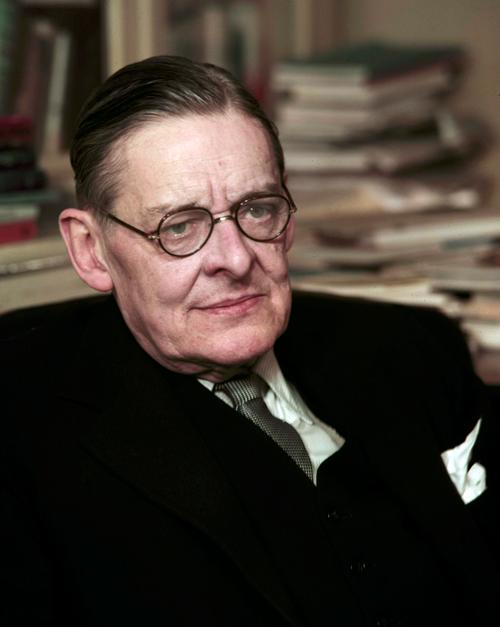T.S. Eliot, in his role as a literary critic rather than as a poet, made a distinction between what he called the "man who suffers" and the "mind that creates." Just as Christians believe in a God in Three Persons, so Eliot believed in a writer in two persons. One is someone just like you and me who eats, drinks, waits for traffic lights, catches colds, loves and hates, watches television, reads newspapers and ultimately dies. The second person, the "mind that creates" is the one responsible for those works of literature, good or bad.
Why did Eliot make this distinction? Because he didn't think readers, perhaps especially literary critics, should confuse one with the other. Judge each, the human being and the work of literature, separately. A writer, as the "man who suffers," may have been a bigot, a traitor or a child rapist. You may hold that against that writer as man, but don't hold it against the books he wrote. Judge them on their own terms. At least I think that's what Eliot had in mind.
This view has merit, at least up to a point. Many writers, however crude and rude they may have been in their private lives, produced beautiful works of literature. It would be wrong to discount their writing, or worse refuse to read it, because we don't approve of their behavior. their political views or whatever. Good writing, even when produced by bad people, is still good writing.
Yet it can be hard to read To Kill a Mockingbird without thinking that Harper Lee is writing about her own childhood, or to read Slaughterhouse-Five without recalling that Kurt Vonnegut Jr. was himself a POW in Dresden, or to read Adventures of Huckleberry Finn without recognizing the influence of the Mississippi River on the young Samuel Clemens. Our knowledge of the "man who suffers" impacts our appreciation of the "mind that creates," whether we will it or not. Perhaps one reason William Shakespeare is so highly regarded as a writer is that we know so little about him as a person.
If we should avoid confusing the "man who suffers" with the "mind that creates" when reading literature, how about when we are reading (or writing) literary biographies? Most biographers use writers' fiction to make sense of their lives. One wonders whether Eliot would have also found that objectionable, too.

No comments:
Post a Comment